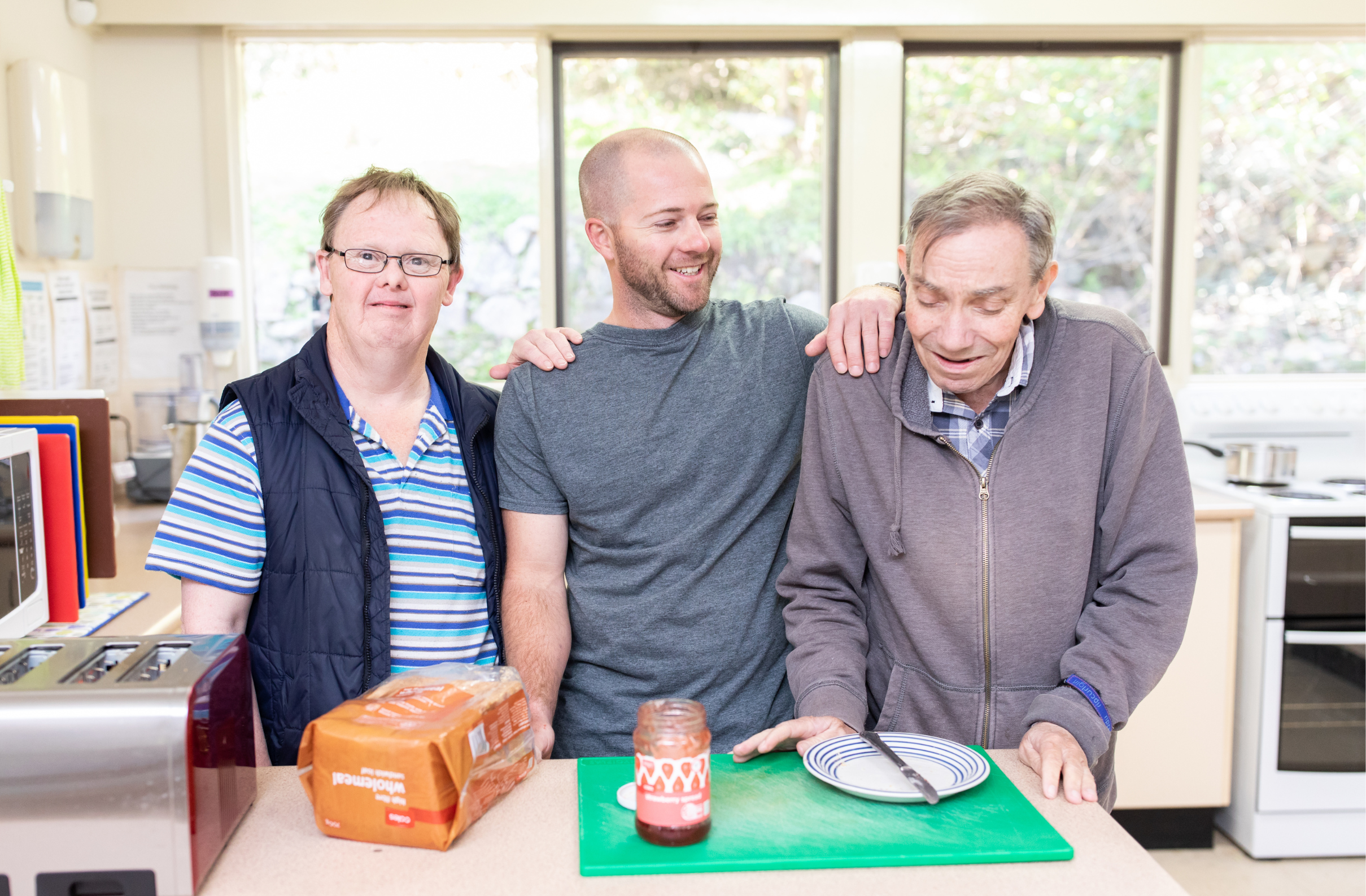Teenagers live in an emotional state. They are caught between feeling like a child and the desire to be more independent. But, for adolescents in foster care, the transition to adulthood can be even more challenging.
As foster parents, you may at times feel caught up in the chaos. Teens do have the ability to draw you into an emotionally charged state, which may leave you feeling frustrated and helpless. By tuning into yourself you can help your teen build their resilience as they transition into adulthood.
What is resilience?
Resilience is your teens’ ability to bounce back in the face of adversity.
By the time your teen has come into your care, they may have experienced trauma, grief and loss, numerous foster care placements and disruptions to their schooling and social network. Being able to provide a safe and supportive environment for the child or young person in your care is a critical step to building resilience.
Why? Because the research tells us that protecting and restoring secure attachment relationships will foster resilience in children and young people, particularly for those who have experienced distress and trauma. It is never too late to help build your foster teens resilience.
1. Set appropriate boundaries for behaviour. Above all, children and teenagers want and need boundaries (even if they persistently test them!). Being respectful of boundaries is an essential skill that your teen will take into adulthood when they interact with peers, romantic partners and future employers. You want to set up from the beginning what you will and will not accept in your household. Give clear limits and explain why you say ‘no.’ It’s important to be consistent, as this fosters safety and security in your teen (even if they do find it annoying!).
Tip: Remember you don’t have to be their best friend; you can be kind but firm. You want to set up a relationship that lasts a lifetime.
2. Acceptance of your teen. Your acceptance and approval helps boost self-esteem, and when your teen feels good about themselves then they are more likely to engage in a respectful manner and respect the people around them. You can do this by showing interest in what your teen finds interesting. You may find loud music irritating, but perhaps it brings a sense of calm to your teen.
Tip: Try to find common ground with your teen, by putting yourself in their shoes and understanding their worldview.
3. Promote autonomy with responsibility. You can build trust with your teen by allowing them to take on responsibilities within reasonable limits. What you as a parent may feel comfortable with may be different to that of another family (and that’s okay!). You can offer gentle suggestions, but where possible, let your teen make their own decisions.
Tip: Give your teen age-appropriate responsibilities (for example, mowing the lawn or cooking a family meal once per week) and follow up with positive feedback.
Your ongoing role
Teen resilience can be built within your relationship. While the shift of responsibility will increase for your teen, your role continues to be incredibly important.
Finally, don’t be so hard on yourself! Parenting is hard work and you are doing the best you can. Be kind to yourself and make time for things you enjoy as this can help you feel more positive about parenting a foster teen.
Want to become a foster carer?
If you would like to learn more about fostering teenagers, then please visit the Challenge Community Services website for further information.













